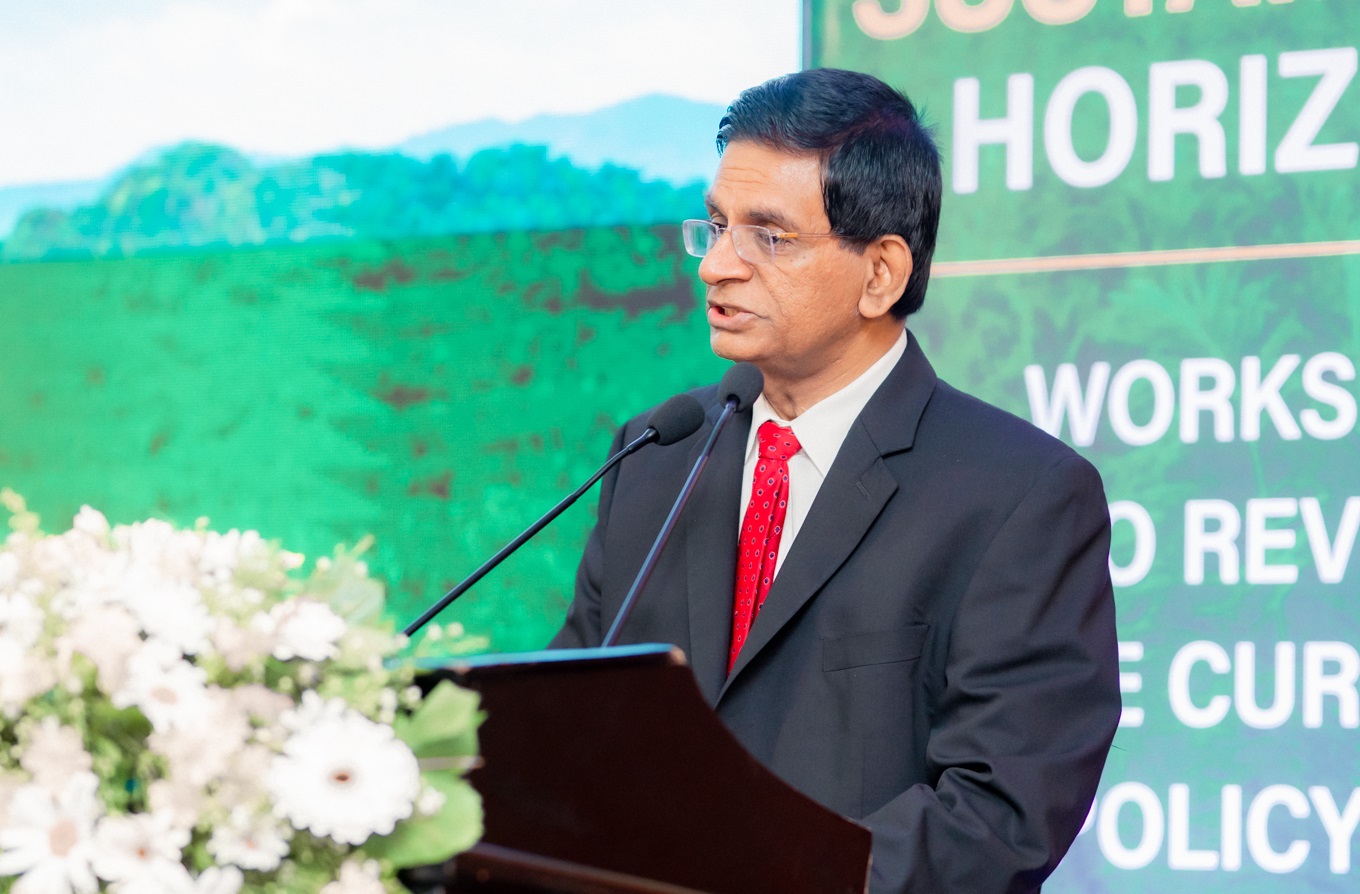
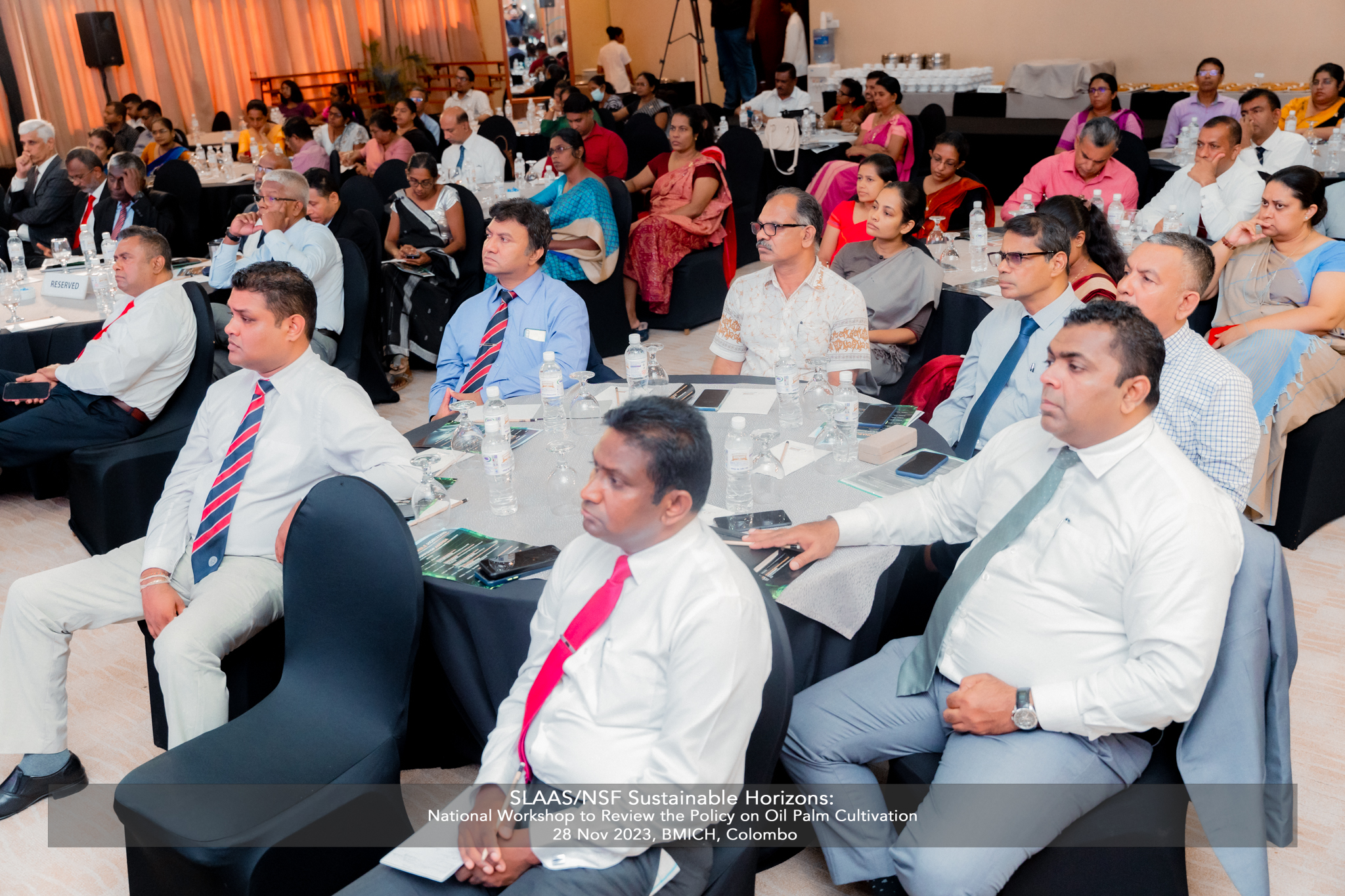
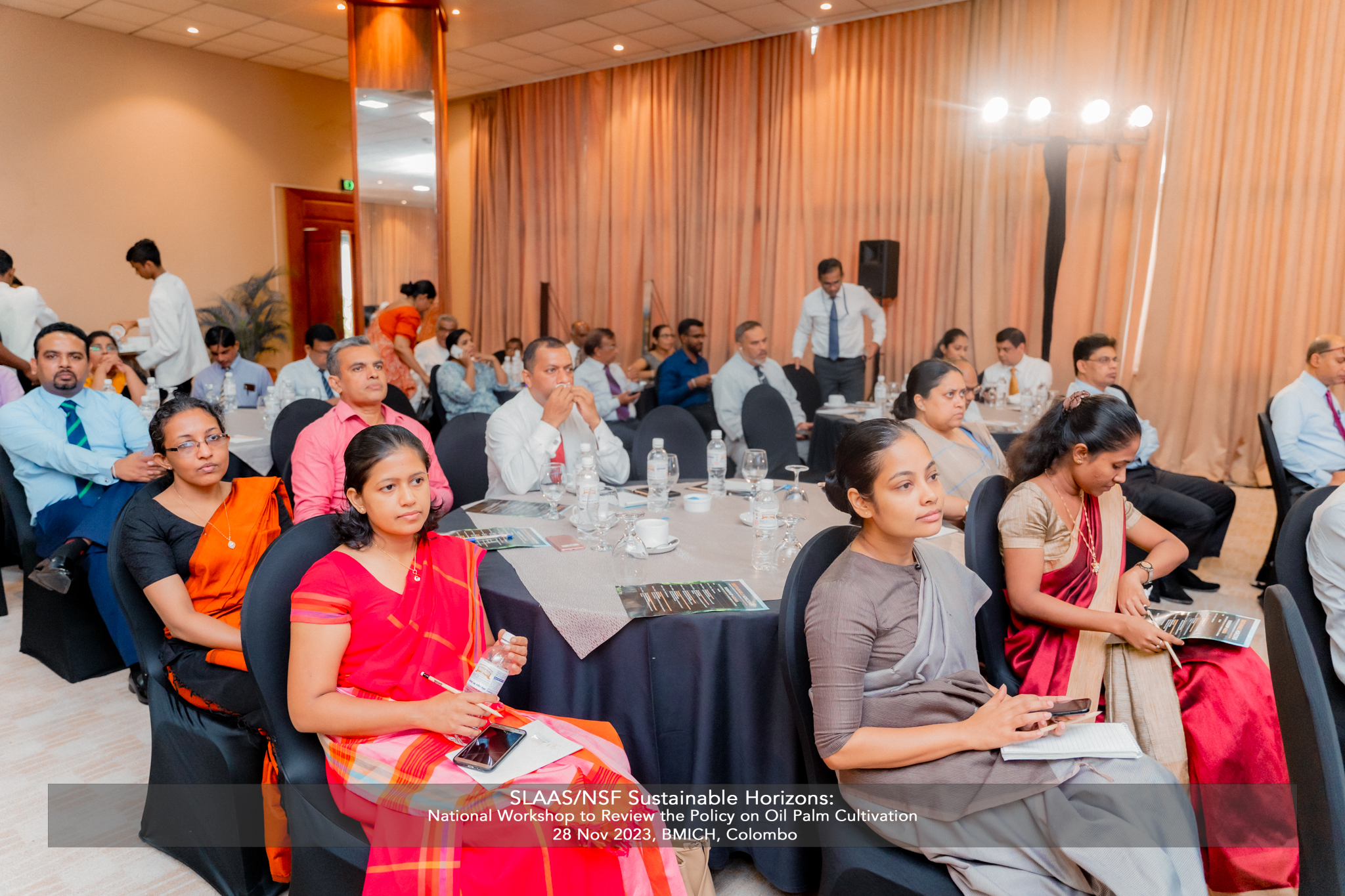
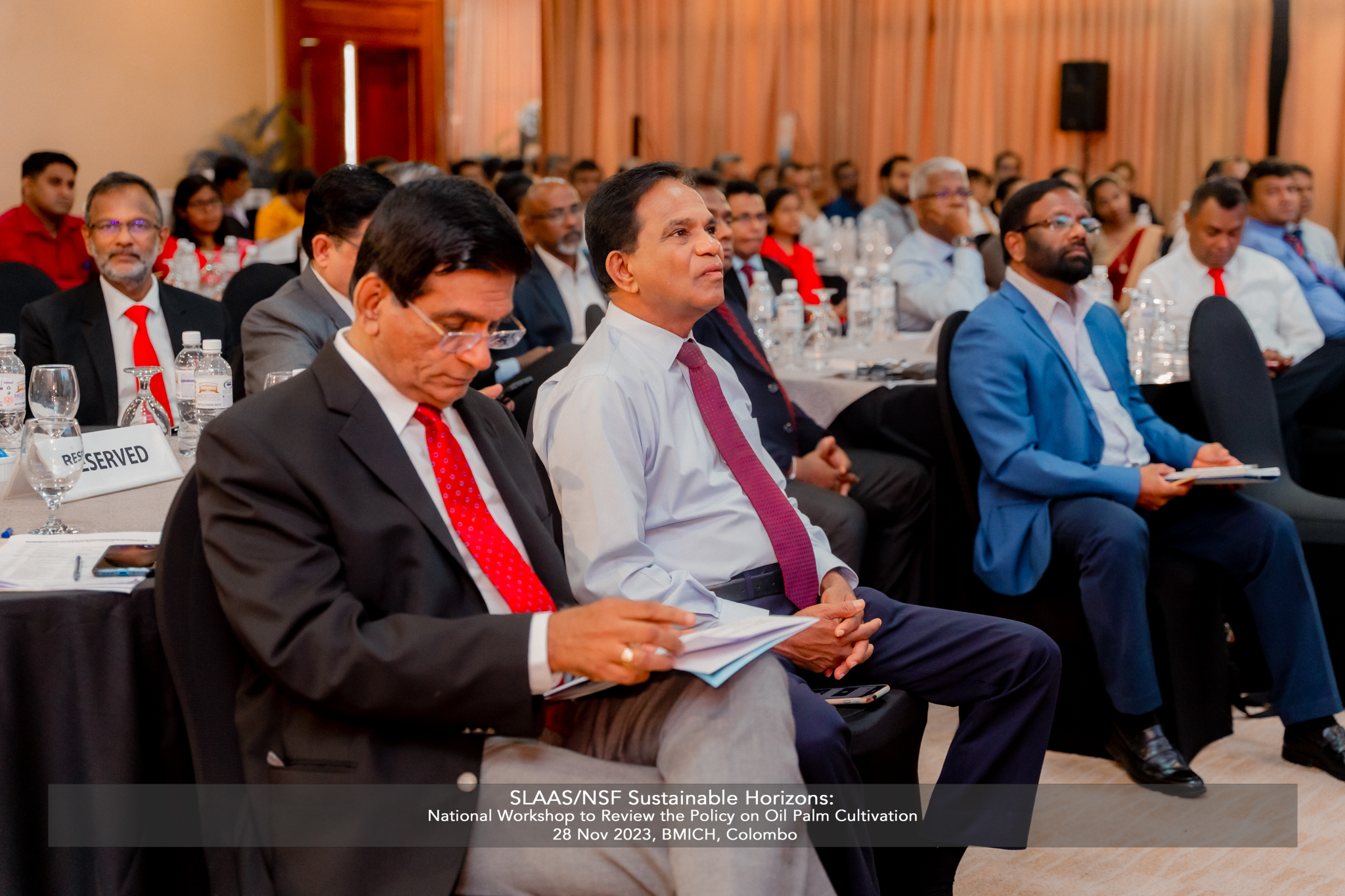
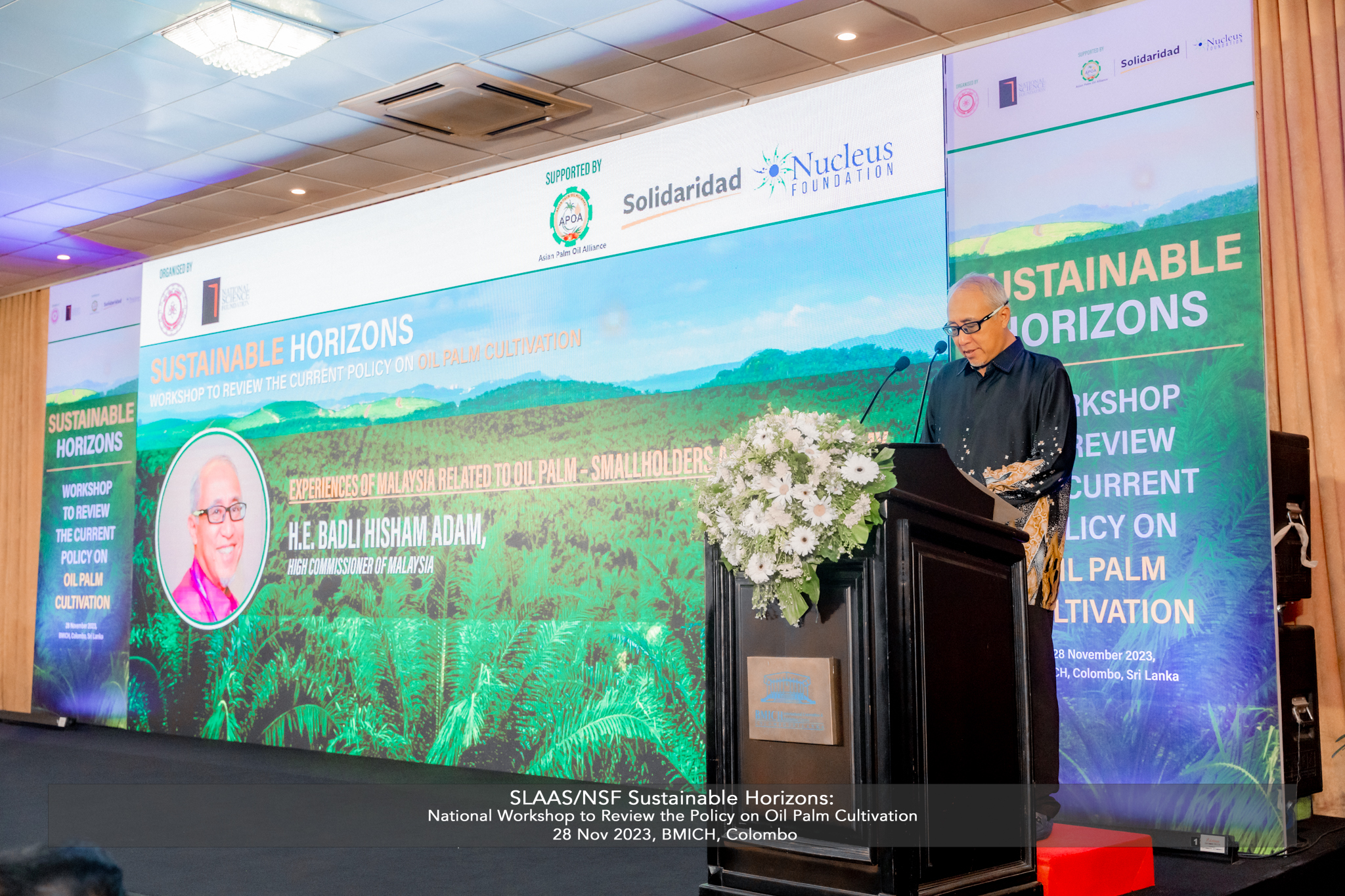
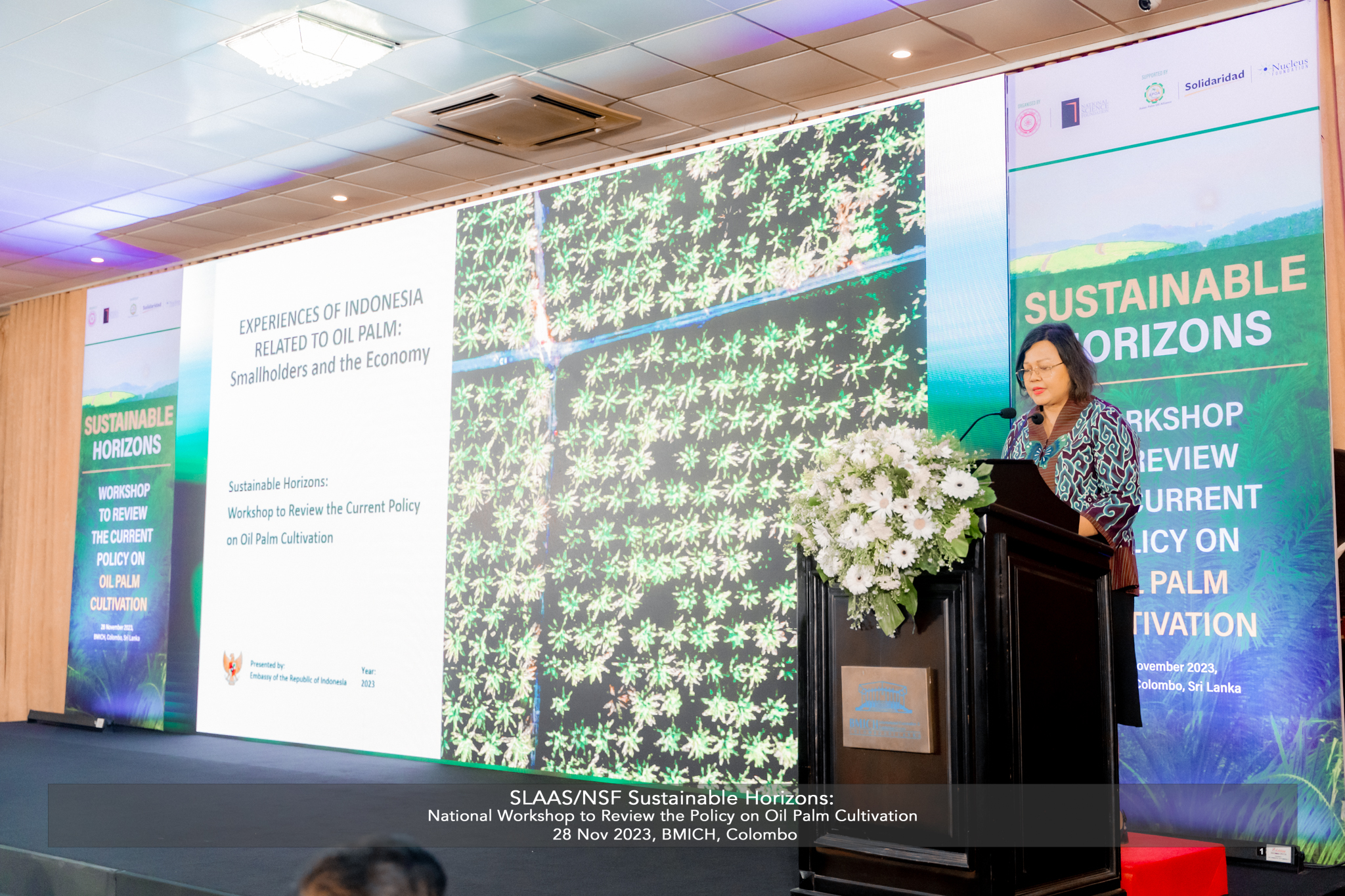
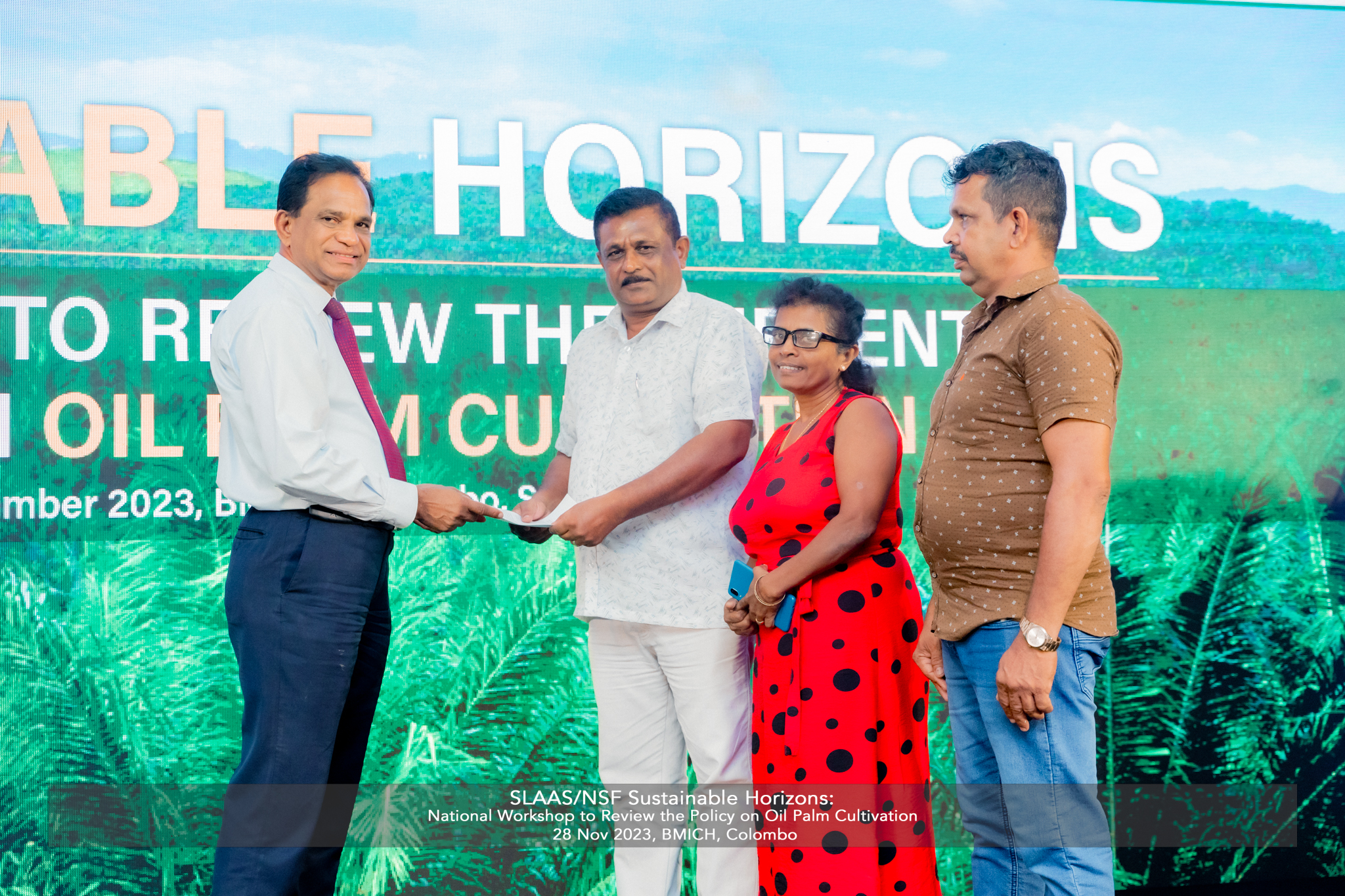
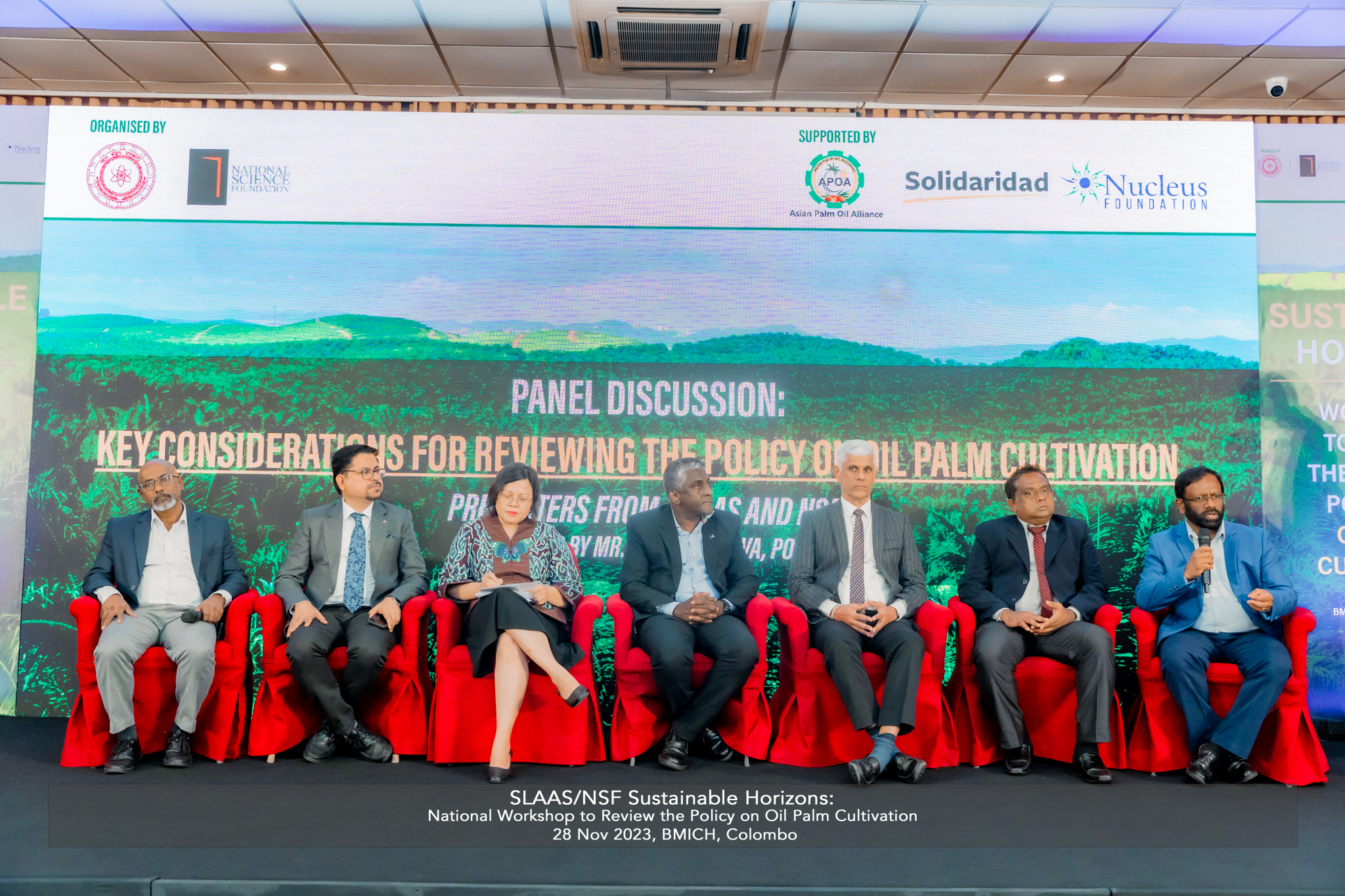
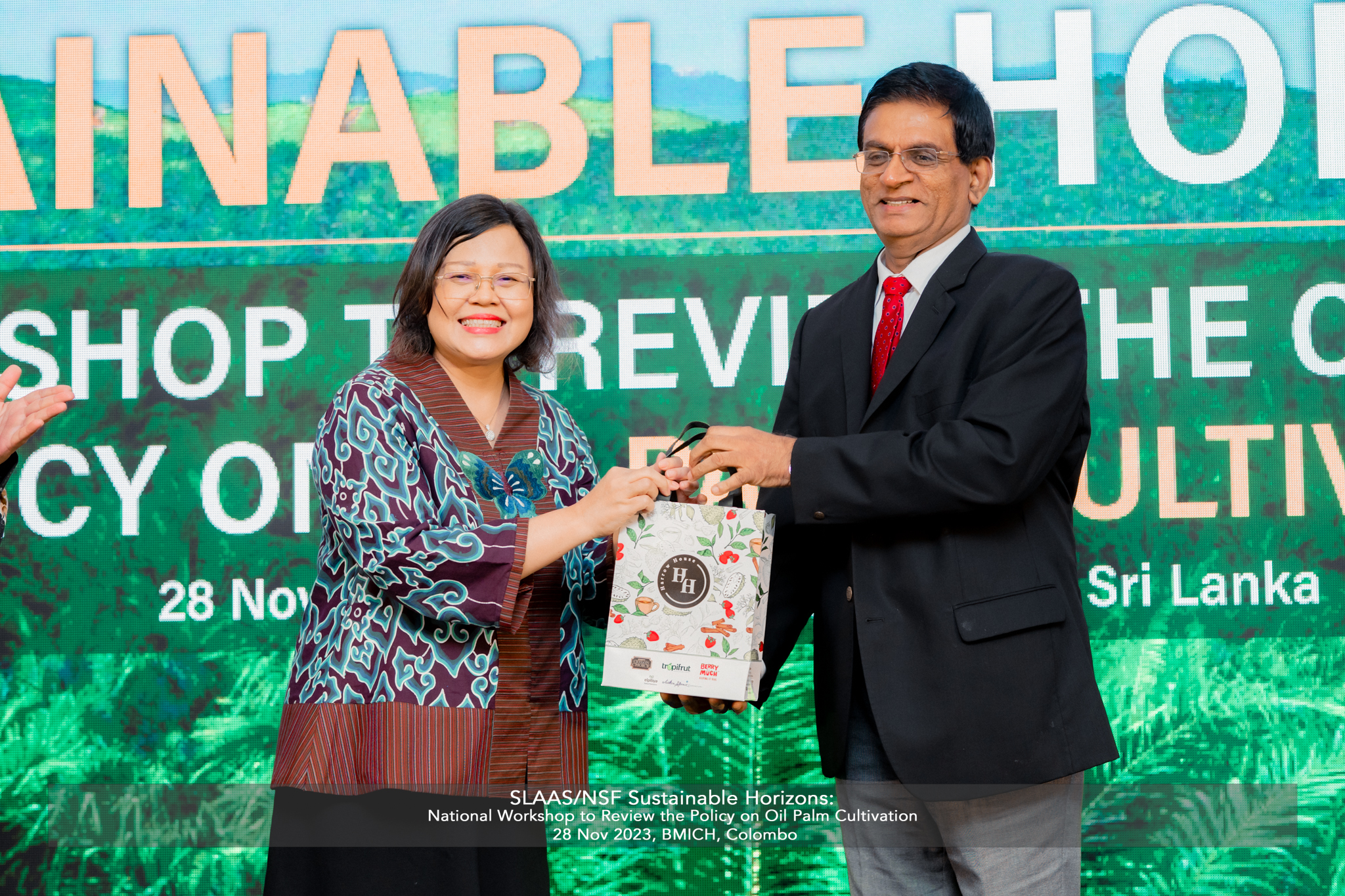
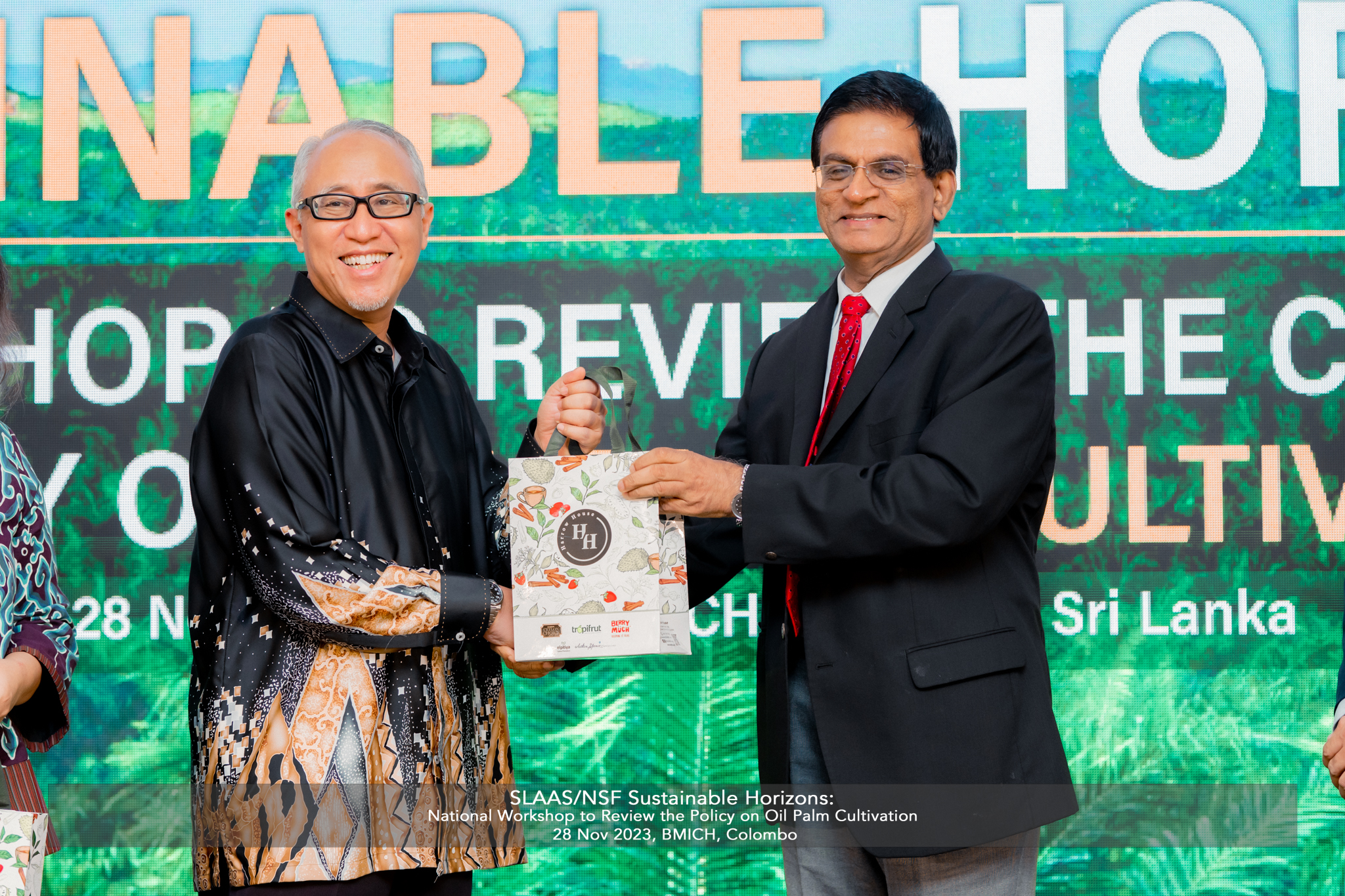
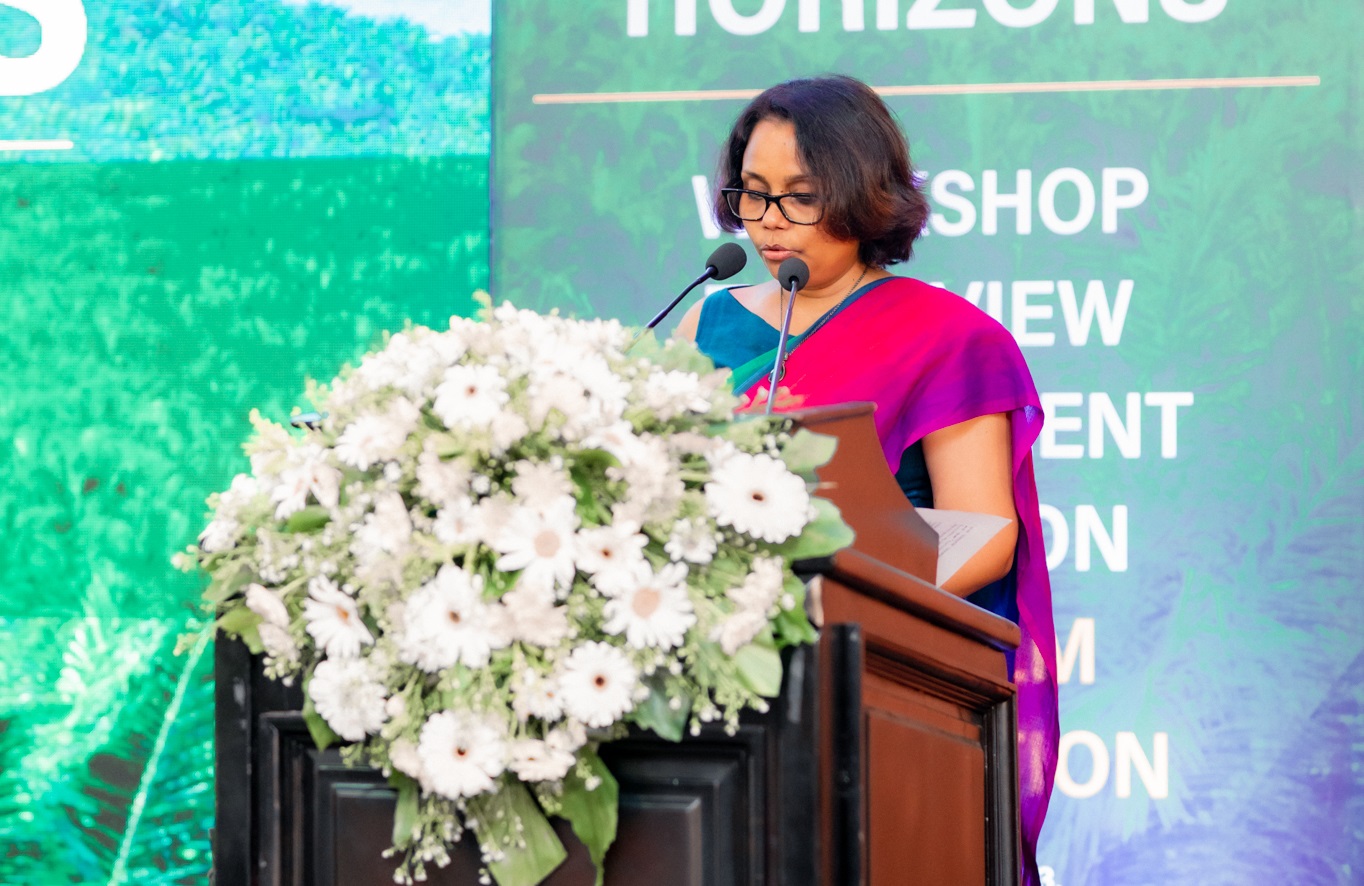
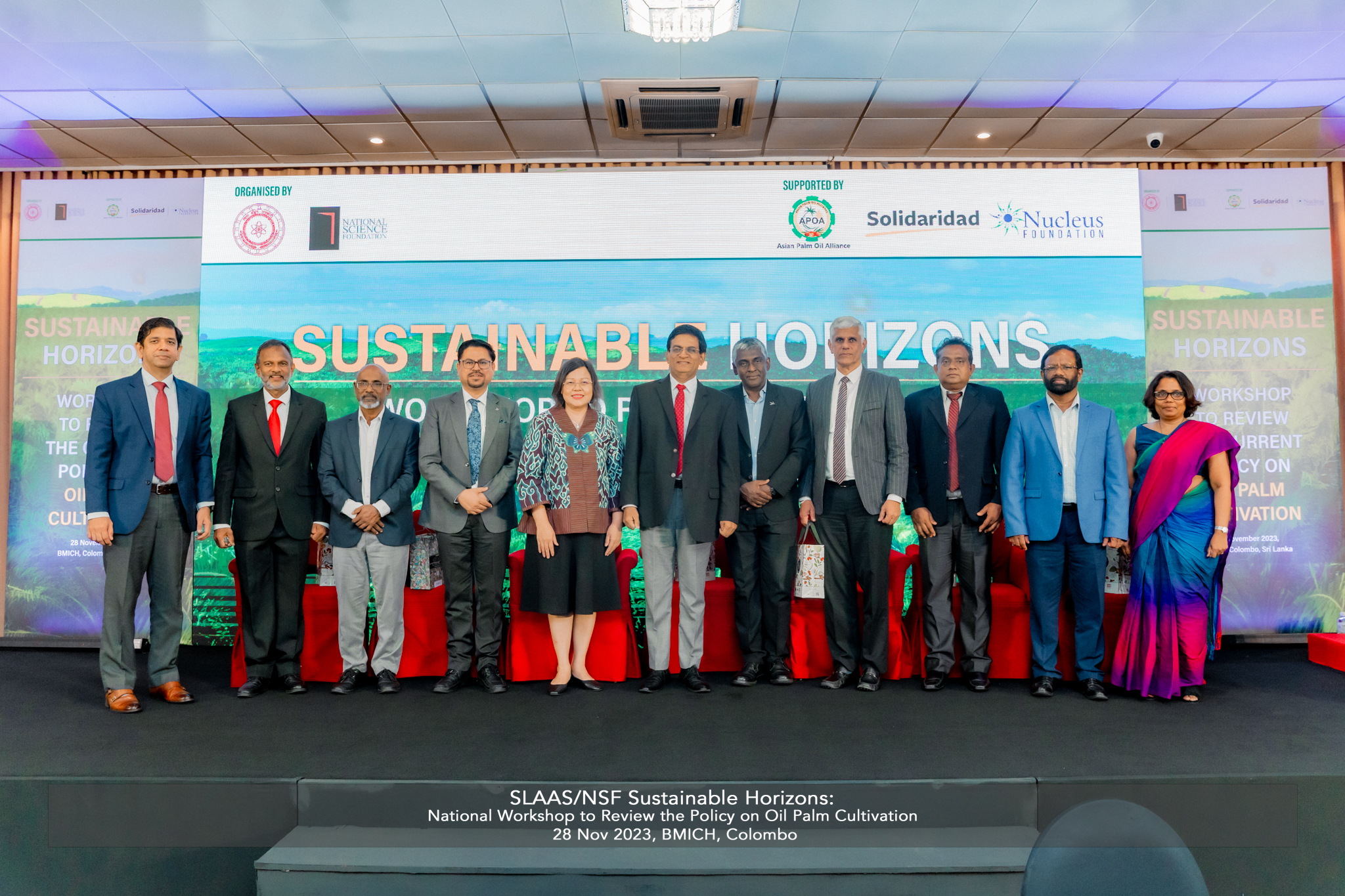
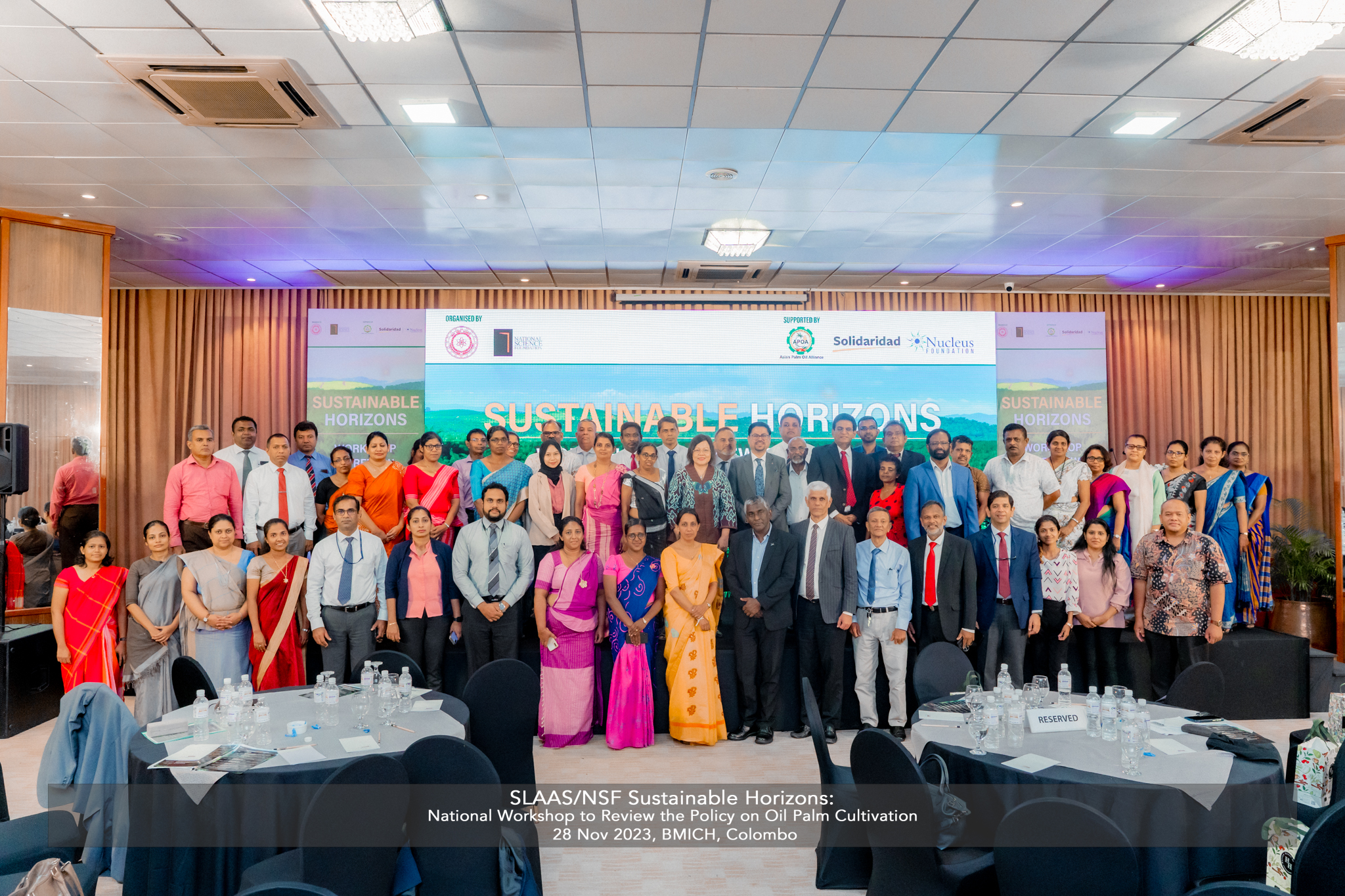
Oil palm has been grown in Sri Lanka since 1968. However, no degradation of soil or water resources has thus far been observed.Studies conducted in Sri Lanka and elsewhere have clearly shown that oil palm is about four times more productive than coconut and about ten times more productive than soybean in terms of oil yield per unit area. Thus, it is much more profitable than tea, rubber and coconut. Notwithstanding the above, a ban on the cultivation of oil palm cultivation was initially imposed by the CEA in 2019 which was reaffirmed by the government in April 2021. This has led to far-reaching consequences on the country’s economy. Given the current economic crisis of the country and the vast opportunities offered by the promising oil palm industry, it is crucially important to revisit this policy in the interest of the country and its people.
Therefore, the SLAAS and the NSF, two premier national institutions mandated to promote S&T for the economic development of the country, took the initiative to conduct a workshop to facilitate a review of the current ban on the cultivation of oil palm cultivation in Sri Lanka and to formulate an objective, evidence-based, data-driven policy on its cultivation. To this end, scientists who have studied the effects of oil palm cultivation on biodiversity, soil fertility and water usage as well as the nutritional aspects of palm oil were engaged to address the purported concerns related to environmental impact and health and to provide their insights into the issues. The ambassador of Indonesia and the High Commissioner of Malaysia to Sri Lanka also shared their knowledge and experience with the participants. Dr Suren Batagoda, Advisor to the President on Food Security graced the occasion.
Nearly 100 persons participated in the workshop held on 28 Nov 2023 at the Bandaranaike Memorial International Conference Hall (BMICH). It represented the key stakeholders including universities, R&D institutions, public sector institutions, industry, plantation companies and small holder farmer associations. Resource persons made technical presentations which were followed by a panel discussion affording an opportunity for the participants to express views and raise questions. There was active deliberation and reflection on the purported issues and other related matters. A consensus of opinion was arrived at and the main recommendations that emanated from the deliberations would be submitted to the government and relevant authorities for consideration.

